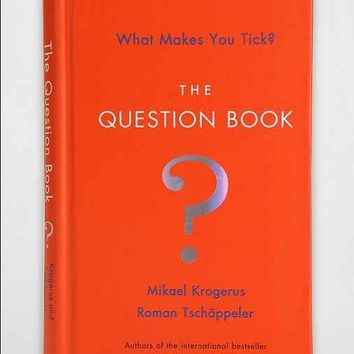What Makes Amazon Tick
Post on: 16 Март, 2015 No Comment

Understanding the Levers that Amazon Uses to Run Its Business
What levers does Amazons management team use to steer their $60+ billion global ecosystem? The management teams goals appear to include: Drive margins down, generate sustainable growth in free cash flow, leverage Internet infrastructure, and invent constantly. Some of the strategies they employ to achieve those goals include: eliminate defects early, reduce variable costs and leverage fixed costs, and invest in automation to deliver value and convenience to customers.
NETTING IT OUT
Amazon is on the move. The company continues to launch innovative new products and services and to make customers lives easier. But how much do we really understand about why Amazon does what it does?
Heres my first attempt to understand how the Amazon management team views the world. Without any insider knowledge or insight, Im taking the cues the company provides to its customers and its investors and trying to make sense of it all.
Amazons management team seems to have a set of levers they use to manage their $60+ billion global ecosystem. If we can understand what their goals are and what factors they need to focus on to produce the results they want, we might be able to learn some things we can apply to our own businesses.
AMAZON CONFUSES SOPHISTICATED INVESTORS
Why Do Investors Continue to Buy and Hold Amazons Stock, Despite Low Earnings?
Investors intent is often hard to fathom. Think about Appleduring Apples heyday, its stock was notoriously undervalued. Apples share price was driven to new lows in late 2012 and early 2013, supposedly because sales of iPhones had slowed. Some cynics murmured that Apples stock price was driven down because many funds had bought options on the stock price falling to $500, and they stood to make a lot of profit if that happened.
Now lets look at Amazon. Amazon has continued to increase revenues year after year, but it has also decreased its profits. In January 2013, Amazon announced that, while sales had risen from $48 billion in 2011 to $61 billion for the year ending 2012, its profits had fallen 45 percent in Q4, ending in a loss of $39 million for the year. And yet the stock price rose 10 percent! Whats that about?
Amazons Stock vs. Apples Stock Percentage Increase/Decrease in Value

1. Amazon announced its 4th quarter and full year results on January 29, 2013. The company had a loss of $39 million for the year, yet its stock price increased. Apples stock price has been declining in value since the big holiday season. Apple announced its Q1 2013 results on January 23rd, reporting an increase of 18% in revenues to $55 billion for the quarter, net income of $13 billion (flat), and its stock took a dive. (Graph courtesy of Yahoo! Financials).
Financial Analysts Seem to Trust Bezos
Its interesting to note that Amazon has support in the financial analyst community. Jeff Bezos has a strong background in mathematics as well as computer science. He worked in a quantitative hedge fund before he drove across the country to launch Amazon.com. His companys financial reports reveal a bit about how Bezos views the mental model that he holds in his head about his company. So financial analysts tend to go along. They poke at the numbers to try to understand whats in them. They attempt to discern future plansa topic Amazon keeps mum about. But, by and large, they dont seem to be falling out of love with Amazon despite the fact that the company lost money in 2012 for the first time in many years.
Amazon Doesnt Confuse Customers
So, investors may be scratching their heads. But many investors, even institutional ones, are customers too. And people tend to invest in companies they enjoy doing business with. If they receive pleasure and value from dealing with a company, year over year, they feel the company must be doing something right.
However, if this is true for Amazon, why isnt it also true for Apple? After all, most customers love the Apple products and experience. So there must be more to it than just pleasing customers. Lets see if we can figure out Amazons mental model














